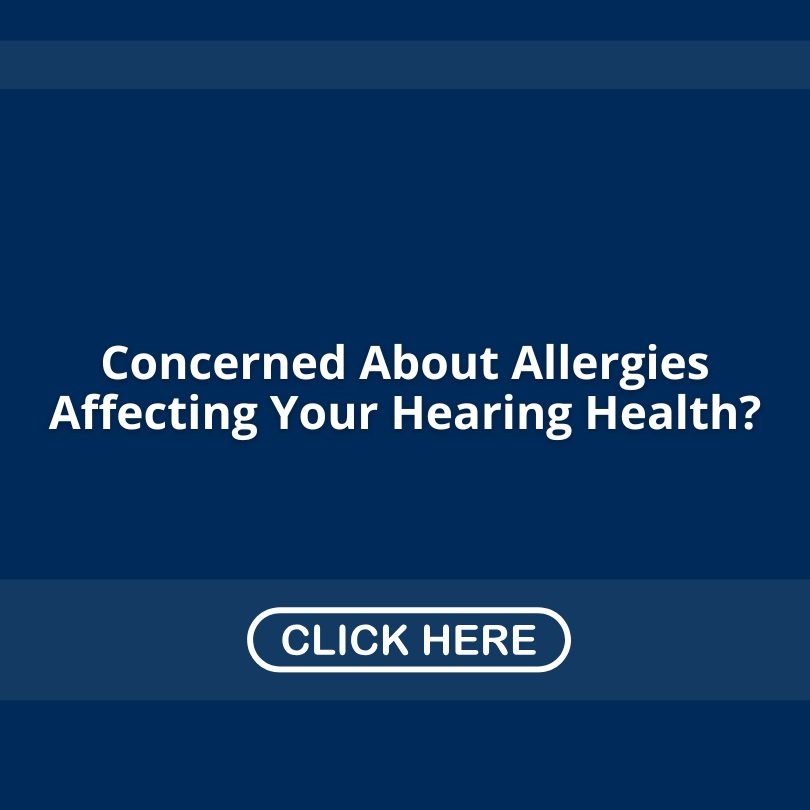When spring arrives, it brings a burst of colors, warmer weather, and often an unfortunate companion: allergies. For many, the sneezing and itchy eyes are all too familiar. But did you know that seasonal allergies can also affect your ears?
This detailed exploration aims to highlight the connection between allergies and ear-related issues, helping you understand when to seek professional help.
Understanding the Connection: Allergies and Your Ears
Seasonal allergies primarily affect the nasal and sinus areas but can extend their discomfort to your ears. When allergens like pollen trigger your immune system, it responds by releasing histamines, leading to congestion and inflammation.
Inflammation can affect your Eustachian tubes, the small passages that connect your throat to your middle ear.
Common Symptoms: What’s Normal?
- Muffled Hearing: One of the most common symptoms allergy sufferers may experience is muffled hearing. This happens because the Eustachian tubes can become blocked or swollen, preventing them from equalizing pressure in the middle ear.
- Ear Pressure: Pressure changes in your ears can also result from blocked Eustachian tubes. You might feel the sensation of fullness or pressure, which can be uncomfortable but is a typical response to nasal passages’ congestion due to allergies.
- Fluid Buildup: In some cases, fluid may build up behind the eardrum when the blockage persists. This can lead to further complications, such as an increased risk of ear infections.
When to Be Concerned: Symptoms That Require Professional Attention
While these symptoms are common when dealing with seasonal allergies, it’s essential to know when they might show something more serious.
- Prolonged Hearing Issues: If muffled hearing or pressure does not resolve after allergy symptoms subside, it’s crucial to consult a professional.
- Pain or Fever: These symptoms might suggest an ear infection, which can require medical treatment.
- Sudden Hearing Loss: Any sudden changes in your hearing, especially in one ear, call for immediate medical attention.
Managing Allergy-Related Ear Issues
There are practical steps you can take to manage ear problems due to allergies.
- Antihistamines: Over-the-counter antihistamines can help reduce the body’s allergic response and alleviate symptoms.
- Nasal Decongestants: These can clear up nasal congestion, making it easier for your Eustachian tubes to function properly.
- Stay Hydrated: Drinking plenty of fluids can help thin mucus, potentially relieving blockages.
- Avoid Allergens: Use air purifiers and keep windows closed during high pollen days to reduce your exposure to allergens.
How Ear, Nose & Throat Professionals Can Help You
If you experience persistent issues, it’s crucial to talk to a professional about your symptoms.
Your local team of hearing health experts provides comprehensive hearing assessments and treatments tailored to your needs. Your overall health is prioritized, whether you need medical care or guidance on managing symptoms effectively.
Seasonal allergies can be a nuisance, but they shouldn’t leave you with ongoing ear discomfort. Understanding the link between allergies and ear issues can help you manage symptoms effectively.
If you’re unsure about your symptoms, get in touch with our team today to make sure you receive the right care when you need it most.





